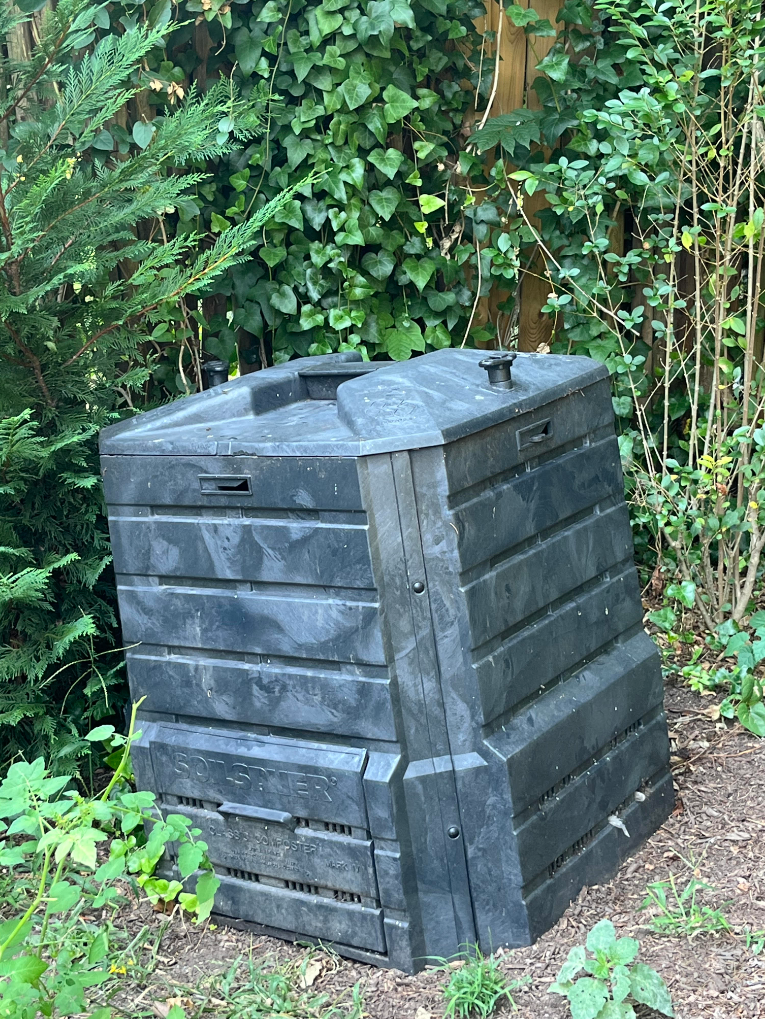Seasonal Depression Spikes During Long Winter Season
April 3, 2023
As bone chilling winter weather reigned in the Northeast, citizens of the greater Philadelphia area were bearing the weight of the cold. The cold season in Claymont, Delaware lasts for about three months from early December through early March. This means temperatures av- erage between 27°F and 49°F. While there wasn’t much snow in northern Delaware this winter, it’s still not time to put away those parkas just yet.
Winter also means shorter and darker days, thanks to Daylight Savings. Dark and frigid days during Northeast winters make outdoor excursions barely tolerable. While some don’t mind endless cozy days stuck indoors, others feel they need sunshine to warm their souls.
Seasonal Affective Disorder, other- wise known as Seasonal Depression, is a type of depression that spikes at a certain time each year, usually due to the changing of seasons. Accord- ing to the American Psychiatric Association, Seasonal Depression is reportedly experienced by about 5% of adults in the United States and is more common in women than men.
Some students have it easier than others during these frigid months. Jen Mineo ‘23 says “I don’t under- stand what people don’t like about the cold. There’s something comfort- ing about the cold. I have an appre- ciation for summer, but I love winter more.” Other Archmere students find it more difficult to withstand the negative effects of a dreary winter season. Ceili Corey ‘23 says “When it starts to get darker earlier, it’s harder to stay up and do work so I end up losing all of my motivation. Since the days get shorter, I have less time for myself.”
As with other types of depression, there are several ways to treat Sea- sonal Affective Disorder. Treatments range from at home remedies such as exercise and vitamin D, to clinical help like prescribed antidepressants and psychotherapy. Another interesting solution is light therapy, which is intentional daily exposure to sunlight, or a similar artificial light to make up for a lack of time spent outdoors. It is suggested that people who deal with seasonal depression throughout the winter try this acces- sible form of therapy to boost their mood and satisfy their sun-seeking soul.
















